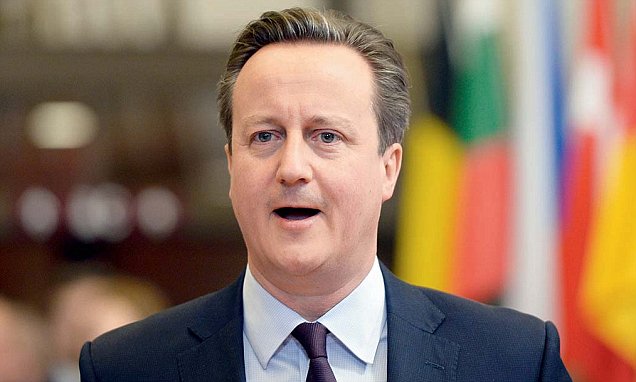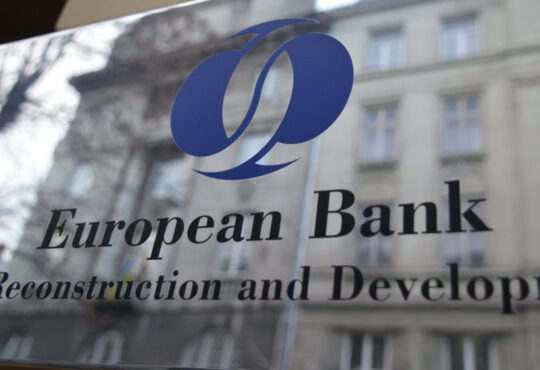
By Jason Groves and Jim Norton for the Daily Mail
02:23 11 Mar 2016, updated 11:22 11 Mar 2016
- Socks, gloves, mortgages and food will all be pricier if Britain leaves the EU
- That was the claim of David Cameron who repeated doom-laden intervention
- He said three million jobs linked to EU and suggested some would be lost
- Said Brexit backers viewed job losses as ‘price worth paying’ for leaving EU
The price of everyday items such as socks, gloves, mortgages and food will all rise if Britain leaves the EU, David Cameron claimed yesterday.
In a doom-laden intervention, the Prime Minister repeated a controversial claim that three million jobs are ‘linked’ to the EU – and suggested some of them would be lost if Britain left.
Mr Cameron also angered Brexit supporters by claiming that they viewed job losses as a ‘price worth paying’ for getting out of the EU.
Commons leader Chris Grayling hit back yesterday, saying Mr Cameron’s comments were ‘simply not true’. Another Cabinet minister described Mr Cameron’s intervention privately as ‘preposterous, shrill and panicky’.
But Mr Cameron will step up his warnings about the dangers of Brexit today with a speech in Wales in which he will warn that leaving the EU could destroy the farming industry.
Speaking to car workers in Ellesmere Port, Cheshire, yesterday, the Prime Minister said Brexit could spark an economic ‘shock’.
‘Let’s just remember what a shock really means,’ he said. ‘It means pressure on the pound sterling. It means jobs being lost. It means mortgage rates might rise. It means businesses closing. It means hard-working people losing their livelihoods.’
Mr Cameron told workers at the Vauxhall factory that even gloves and socks could be more expensive if Britain left the EU.
He said before Britain had joined the single market and enjoyed a zero per cent tariff on goods, the country had paid 20 per cent extra for gloves and 13 per cent on socks. He added: ‘The first big advantage of the Single Market is that British businesses can sell to a continent full of customers – 500million people – tariff-free.
‘Before we joined, we faced extremely high tariffs: 14 per cent on cars, 17 per cent on bicycles, 32 per cent on salt, 37 per cent on china. Even, oddly, 20 per cent on gloves – but only 14 per cent on socks.
‘This all meant higher costs for businesses and consumers and less choice on our supermarket shelves.
‘Today, there is one tariff in the Single Market: Zero per cent.’
REMAIN VIEW
Remain campaign:
Supporters of the campaign to stay in the EU say leaving would cause an economic ‘shock’ that would drive up mortgages and raise prices in the shops.
The Prime Minister also claims that countries would race to reimpose tariffs on British goods: ‘Before we joined, we faced extremely high tariffs: 14 per cent on cars, 17 per cent on bicycles, 32 per cent on salt, 37 per cent on china.
‘This all meant higher costs for businesses and consumers – and less choice on our supermarket shelves.’
No 10 has previously suggested higher export tariffs could be passed on in part to British consumers.
BREXIT VIEW
Leave campaign:
Brexit campaigners said the Prime Minister’s predictions of economic disaster were ‘simply not true’.
An analysis by the think tank Open Europe suggests the likely impact of Brexit on GDP would be relatively modest, ranging from a 0.8 per cent fall to a 0.6 per cent increase by 2030.
Campaigners say a major economy like the UK would be well-placed to negotiate a free trade deal with Europe, avoiding the tariffs Mr Cameron claims will be imposed.
Matthew Elliott, chief executive of Vote Leave said: ‘After we vote leave, Britain will carry on being part of the free trade zone that stretches from Iceland to Turkey.’
Speaking at the Welsh Conservative conference today, Mr Cameron will claim that exports of goods such as beef and lamb would be hammered by protectionist governments if the UK votes to leave.
Mr Cameron will claim that British livestock farmers would by hit with an extra £330million in export costs.
Tory MP Adam Afriyie said Mr Cameron was wrong about the impact of Brexit and added that Brussels was ‘a destroyer of jobs’.
He said: ‘We would have more jobs in Britain if we left the EU. We would be more competitive and be able to set up trade deals with countries where we currently can’t.’
Mr Grayling, one of six Cabinet ministers campaigning for Brexit, also criticised the Prime Minister’s claims on jobs and the economy, saying: ‘That is simply not true. It is about creating the opportunity for more jobs.
‘European Union regulations cost jobs in this country. They increase costs for business. They make it less desirable to employ people in the UK.’
Speaking to an audience in Westminster, he said: ‘As virtually every other EU state moves towards much closer integration of their governments, our national interest will be of peripheral importance. We will be wallflowers at their party, unable to fight our own corner effectively.’






